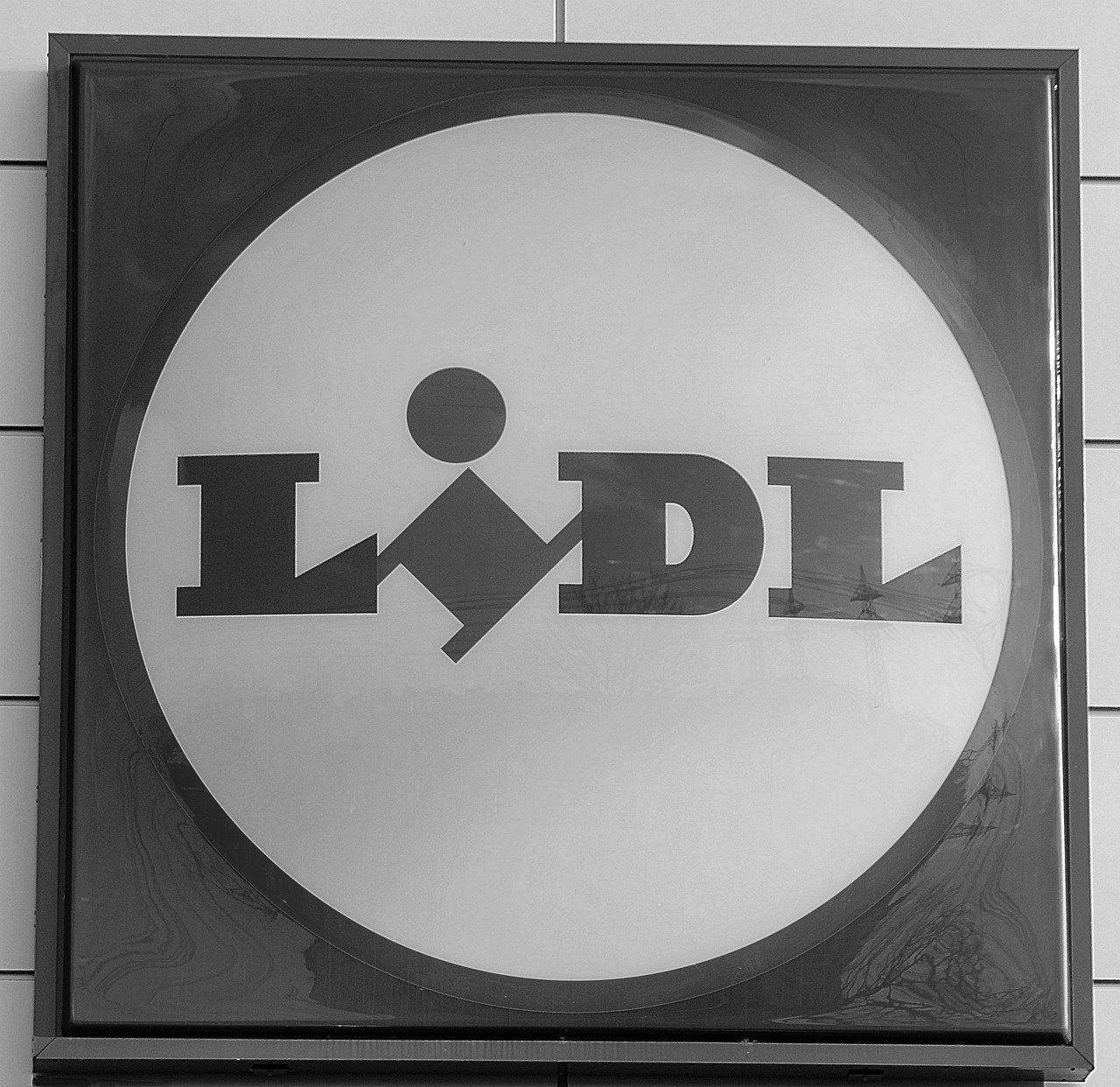
The recent Lidl v Tesco case feels like an own goal for Lidl, as the UK’s discount supermarkets find themselves increasingly accused of taking unfair advantage of household brands.
Another element of this case had less attention: the bad faith counterclaim brought by Tesco.
This counterclaim was against Lidl’s wordless marks:
- 1995 Registrations



- 2002 Registration

- 2005 Registration

- 2007 Registration

- 2021 Application

Tesco claimed that Lidl had no bona fide intention to use its 1995 Wordless Registrations and that their only reason for filing was to use them as a legal weapon against third parties.
Tesco’s second claim was that the other registrations and application that followed in 2002, 2005, 2007 and 2021 were only evergreening of the 1995 Wordless Registrations and that Lidl had no reason to re-apply for the same mark.
Lidl filed a request to strike out this counterclaim. It was successful in first instance, but this was successfully appealed by Tesco before Lord Justice Arnold.
A quick reminder of the principles of bad faith:
To invalidate a registered trade mark as of the application date it must be proven that when the application was filed, the application was made in bad faith. The intention at the time of filing has to be assessed. The burden of proof is on the claimant. Once the judge is convinced that the balance is tipping towards bad faith, the burden shifts and it is the defendant’s responsibility to provide a plausible explanation.
1995 Marks:
These marks were invalidated, in part because Lidl admitted that it had registered these marks to achieve a “wider scope of protection”, which helped rebut the presumption of good faith.
However, the decision on this point makes us raise an eyebrow. The judge decided earlier in the case that use of the Mark with Text constitutes use of the Wordless Mark for the purposes of showing genuine use of the earlier mark. But when it came to assessing bad faith, the decision found that there had at the time of filing been no intention to use the earlier mark. Additionally, the finding of evergreening of the later marks seemed to impact this original filing’s vulnerability.
A lesson to be learnt from this analysis: if the application was filed without any intention to use, subsequent use of the mark will not prevent a finding of bad faith.
2002, 2005 and 2007 Marks:
Tesco claimed that Lidl’s reason for filing these marks was evergreening. Tesco argued that Lidl wished to avoid the obligations of showing genuine use that fall on a proprietor once their trade mark has been registered for five years or more. Indeed, these marks seem to have been filed at regular intervals with a duplicated specification of goods and services. Lidl argued that its present trade mark strategy ensures their filings reflects their actual use and that their strategy must have been the same 20 years ago. This argument failed to convince the judge, who considered that Lidl had no reason to reapply for these marks other than for a fresh grace period.
2021 Application:
However, Tesco failed at the last hurdle, and did not succeed in having the 2021 application declared invalid on the same ‘evergreening’ principle. Lidl fought very hard to defend this application. They explained that at the end of 2020 they performed a colour update and that they filed a broader specification of goods and services as, since 2007, they had begun to sell non-food products.
Lidl managed to provide a plausible explanation of the objectives and commercial logic that prompted the 2021 application. The judge added that there was an 11-year gap since the last trade mark, so this new application cannot have constituted evergreening.
On reflection, Tesco could have gone the extra mile by arguing that there are indicia of bad faith due to the 5-day timing between the service of the Particulars of Claims by Lidl and the filing of the application. Tesco could have argued that Lidl realised the fragile position of the registrations they relied on and wished by filing this new application to gain a safe registration and sought broader disclosure on this point.
This battle is yet to end. Tesco filed a request to appeal the High Court decision which was refused. Now, both sides have filed applications for permission to appeal. An appeal would assist everyone in understanding how, in the context of trade mark infringement, the Wordless marks are being used, and how in the context of bad faith, there was no intention to use them.
Send us your thoughts:
Would you like to read more articles like this?
Building 1000
Cambridge Research Park
CB25 9PD
Fax. 01223 425258
info@iamstobbs.com
Privacy policy
German office legal notice
Cookie Declaration
Complaints Policy
Copyright © 2022 Stobbs IP
Registered Office: Building 1000, Cambridge Research Park, Cambridge, CB25 9PD.
VAT Number 155 4670 01.
Stobbs (IP) Limited and its directors and employees who are registered UK trade mark attorneys are regulated by IPReg www.ipreg.org.uk

